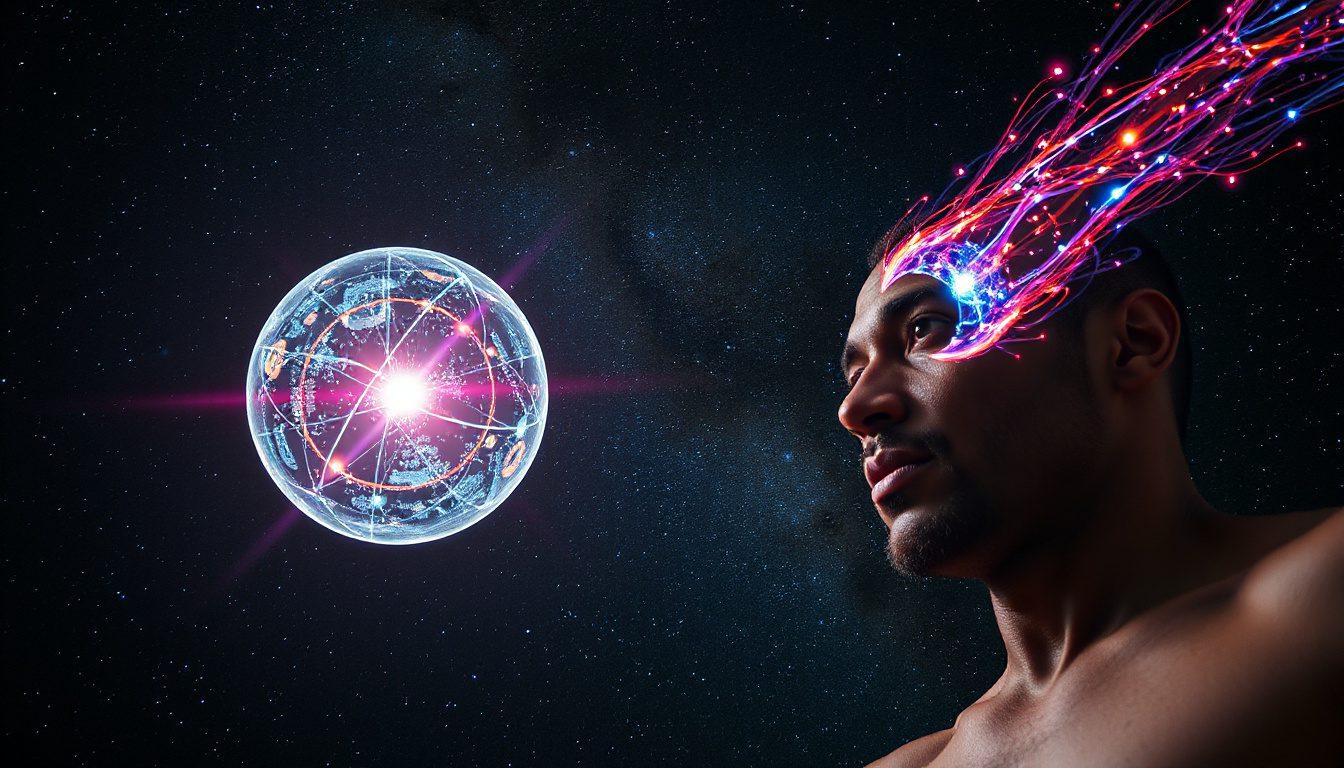ChatGPT Atlas vs. Perplexity Comet: Which AI Search Tool Should You Use?
When you use AI tools to search online, you may see two names: ChatGPT Atlas and Perplexity Comet. Both give you fast search help, but one may work better for you by saving time and reducing stress. This guide shows their pros and cons and how you can use each tool.
What Are ChatGPT Atlas and Perplexity Comet?
-
ChatGPT Atlas serves as OpenAI’s new search model. It works right inside the ChatGPT window. It gets fresh information from the web and shows links with answers. It works in ChatGPT Plus or Pro versions. If you already use ChatGPT, it is a simple extra.
-
Perplexity Comet runs as its own model. It finds web data fast. Comet finds solid, current data and checks where each fact comes from. It works best for deep research and quick searches.
Key Differences and What They Mean For You
1. Speed and Efficiency
• Comet gives answers in 3 to 5 seconds.
• Atlas takes 10 to 15 seconds for the same task.
If you wait for answers often, fast searches will help you work better.
2. Search Quality and Source Reliability
• Comet finds neat, up-to-date links. It groups facts neatly and shows the origin of each fact.
• Atlas shows links too, but sometimes the links are less on target and miss key details.
When you need clear source data, a close link between words makes the path clear.
3. Customizable Search Focus
• Comet has modes that let you search papers, online opinions, or recent news. This is handy for students and researchers who need a special type of data.
• Atlas does not have these set filters. It pulls data from many parts of the web, which may bring extra noise.
4. Convenience and Workflow Integration
• Atlas sits inside ChatGPT. When you code, write, or brainstorm, a search feels part of the work.
• Comet lives on its own. You may need to jump between apps and copy text to use it in your work.
5. Platform and Interface Usability
• Atlas works like a chat. Its words connect one after the other in a familiar style.
• Comet shows the query at the top. It places related questions to the side and lists links below the answer. This layout makes checking facts quick.
6. Mobile Experience
• On phones, Comet feels fast and clear.
• Atlas can seem slow and sometimes stops on mobile devices.
7. Pricing
• Both tools cost near $20 each month for the pro versions.
• ChatGPT Plus or Pro gives you Atlas along with ChatGPT, yet your GPT-4 or Atlas searches are limited.
• Perplexity Pro gives you all Comet searches and more tools, which helps if you search a lot.
Smart Strategies for Using Both Tools
Instead of a single tool for all needs, use each one for its strong points:
• Use Perplexity Comet to start your research, learn new topics, or when you need sharp, current sources.
• Use ChatGPT Atlas if you are already in ChatGPT and need quick checks or bits of info without leaving your work.
This combined use helps you work fast and get good facts while you write or code.
Who Should Use These Tools?
• If you read many articles or do deep research, Comet will work well with its fast, solid results.
• If you write, code, create, or mix many tasks in ChatGPT, Atlas will give you quick facts without extra steps.
• People on phones who search quickly will favor Comet for its speed.
Next Steps to Try These Tools
• If you use ChatGPT Plus or Pro, try Atlas. Ask simple questions like “search the web” to see how it works.
• Check out Perplexity’s site or app. Use its modes to see how focused searches work for you.
Why This Matters
When you use AI to search the net, you want answers to come fast and clear. Many tools are slow or hard to understand. Atlas and Comet fix these issues in their own way. Knowing when and how to use each tool can boost your work, research, and clear decisions.
Ready to take your AI research and content to the next level?
Mix Perplexity Comet for fast, solid sources with ChatGPT Atlas for smooth info use in your projects. This mix saves time, builds better results, and keeps you ahead in your field.
Try these tools today and find the best mix for you.


